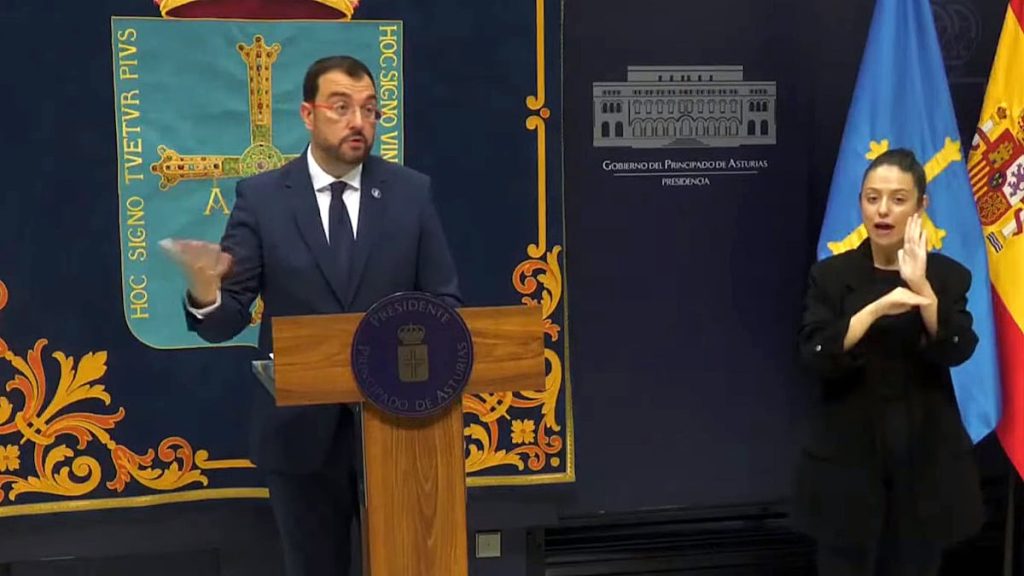President of the Principality of Asturias, Adrián Barbón, stated in a press conference that Asturias is against the exit of any community from the common regime, in response to Catalonia’s proposal for a separate fiscal regime. He emphasized that his government would not support anything that goes against the interests of Asturias, and dismissed the possibility of a crisis within the party over this issue. Barbón called on the leader of the PSOE and Spanish Prime Minister, Pedro Sánchez, to address the issue with the regions in the council of fiscal and financial policy.
Barbón acknowledged that there are differing opinions among the different regions on this matter, and stressed the need for the government to provide more clarity on the potential impacts, such as quantifying the financial loss for Asturias. He expressed his commitment to Asturias and the agreements reached over the past four years, and highlighted the importance of addressing the outdated financing system with a federal vision for a true state construction. He argued that all regions are underfunded and emphasized the importance of considering factors like aging population and depopulation in funding decisions, rather than solely focusing on population numbers.
The President of Asturias also revealed that he had discussions with Salvador Illa, the PSC candidate for the presidency of Catalonia, but had not spoken directly with Pedro Sánchez. Barbón believes that the current system of financing is outdated and in need of a comprehensive reform to create a truly federal state. He reiterated that Asturias is firmly against any region exiting from the common regime and opposes the principle of ordinality. He called for a reform that takes into account the specific needs and challenges faced by each region, rather than a one-size-fits-all approach that may disadvantage certain areas.
Barbón’s stance reflects a larger debate within the Spanish political landscape about the future of fiscal policy and the balance of power between central and regional governments. The issue of Catalonia’s potential independence from the common regime highlights the complex relationship between regions and the central government, and the need for a more equitable and transparent financing system. Barbón’s call for a deeper reform and a federal vision underscores the importance of addressing the structural challenges faced by different regions in Spain and moving towards a more inclusive and sustainable model of governance.
In conclusion, Barbón’s rejection of Catalonia’s proposal for a separate fiscal regime reflects Asturias’ commitment to remaining within the common system and defending the interests of the region. His call for a more comprehensive reform and consideration of specific regional needs in funding decisions highlights the importance of a fair and equitable financing system that takes into account the diverse realities of different regions. The debate over Catalonia’s potential exit from the common regime underscores the broader challenges facing Spain in terms of fiscal policy and regional autonomy, and the need for a more collaborative and inclusive approach to governance.


